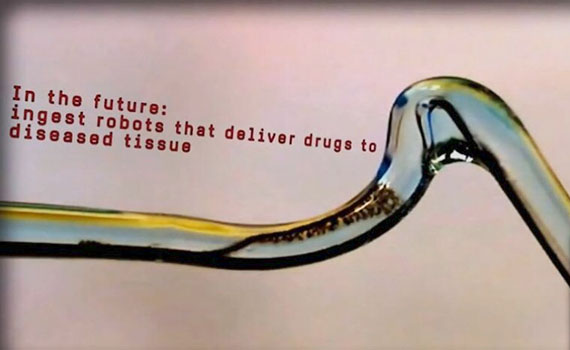NEWS
Smart microrobots change shape to adapt to the environment

Swiss researchers have developed smart microrobots that can adapt to the environment.
The developers at the Zurich Swiss Technical High School and the Federal Polytechnic School of Lausanne were inspired by bacteria to create smart and biocompatible medical microbots. Since these devices are able to float in liquid and, if necessary, change their shape, they can pass through narrow blood vessels and complex systems of the body without affecting their own speed or maneuverability. Robots are made of hydrogel nanocomposites that contain magnetic particles. This allows you to control them using the electromagnetic field, which is an alternative to the usual built-in electronic systems.
Researchers report that smart robots have a special composition and structure that allows them to adapt to the characteristics of the fluid through which they move. For example, if robots encounter changes in the level of viscosity or osmotic concentration, they change their shape so as not to lose speed and control over the direction of motion. Robots can be controlled using an electromagnetic field or leave them independently moving through cavities using fluid flow.



